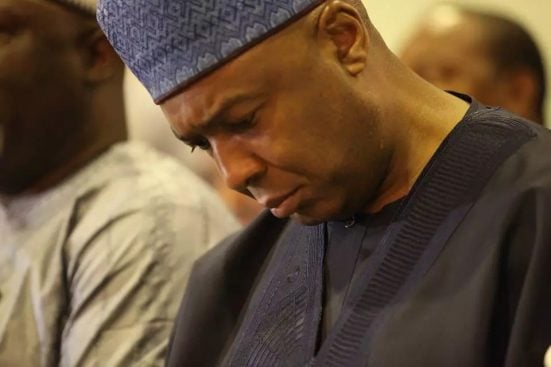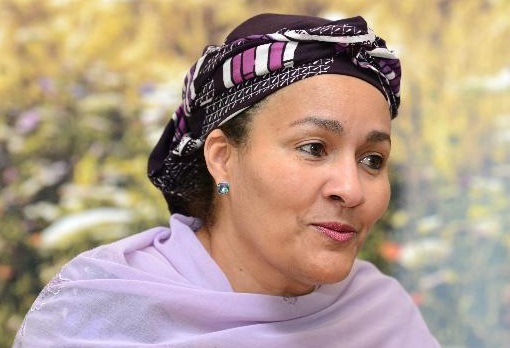Nwanezi: Banned from husband's burial
Ngozi Enia moved away from her late husband’s family in Enugu-Ezike, Igbo-Eze north local government area of Enugu state, leaving behind what she and her husband laboured for during their four years of marriage. In those years, she was unable to give birth to a child, an experience that soiled her relationship with some of the husband’s family members. His burial rites had just ended when she was asked to “follow the tradition” and get married to any of the husband’s brothers willing to take her in — even if she ended up a second or third wife.
But she declined. “I know how much I suffered in their hands when he was alive let alone now that he is no more,” she says, choosing to return to her family empty-handed.
THE ‘TABOO’ CALLED INFERTILITY IN AFRICA
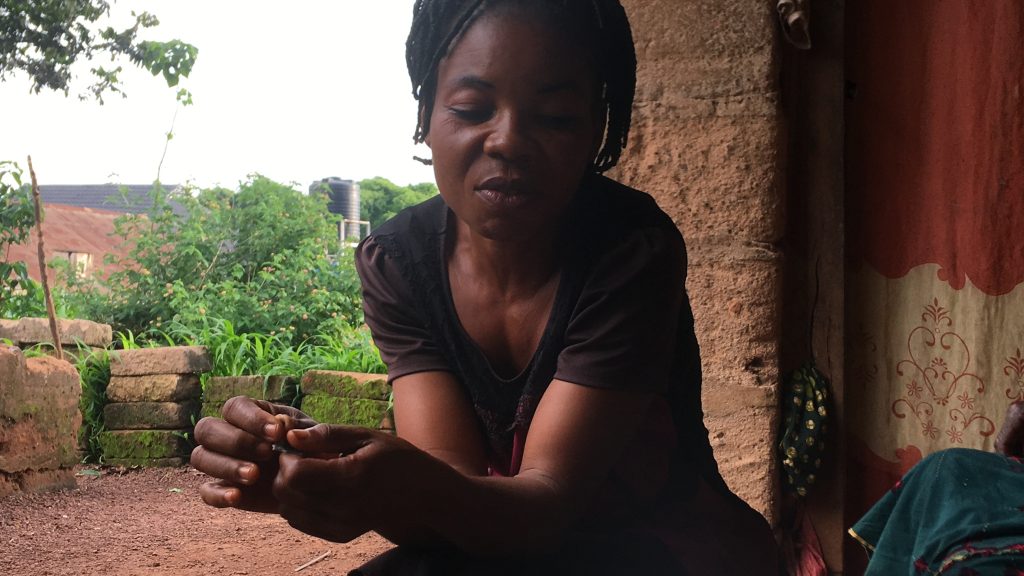
The World Health Organisation estimates over 10% of women globally suffer from infertility which it described as “a disease of the reproductive system defined by the failure to achieve a clinical pregnancy after 12 months or more of regular unprotected sexual intercourse.” Although the burden in men is unknown, the overall burden of subfertility/infertility is significant, with at least 50 million couples worldwide said to be experiencing infertility.
Advertisement
Though a global health issue, infertility is still seen as a taboo in Africa and most developing countries, often resulting to stigma, hate and discrimination against women like Enia. The only fortune she went home with, according to her, is N5,000 given to her as proceeds of her husband’s motorcycle.
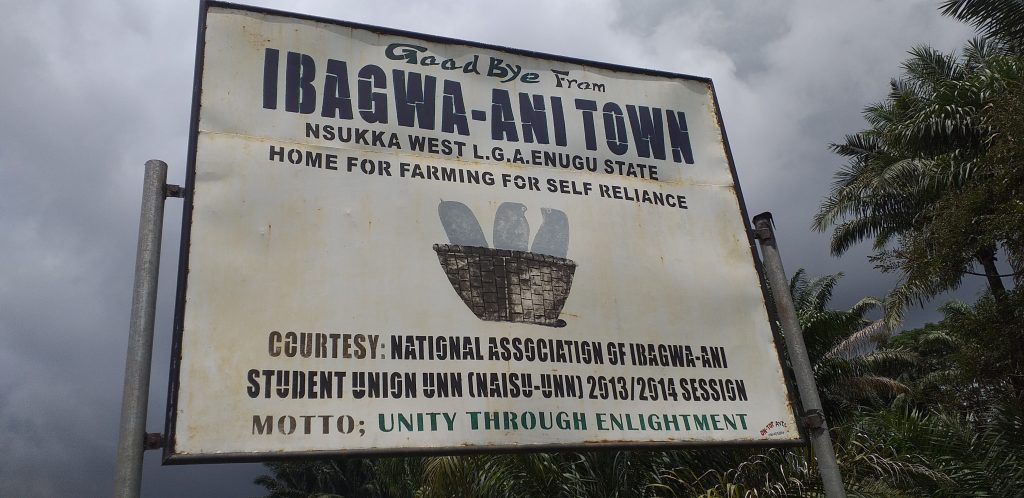
“When he (her husband) was sick, I suggested the family should sell his land so he could go to a good hospital but they never listened until he died. That was when they started sharing the land,” she said, her voice laden with sadness you can feel the weight of it. “No one cared to inform me apparently because I did not give birth to a child. If I had a child, I would have had a say and maybe convinced them to sell the land, that way my husband would still be alive. But I don’t have a child so who am I?”
‘BANNED FROM HUSBAND’S BURIAL AND NEARLY GOT KILLED’
Advertisement
Enia’s experience would drive you to pity but wait till you hear the story of Nwanezi Obochi, who in her own case was not only stripped of rights to own any of the late husband’s assets but was also banned from his burial. They had been married for three years before his death in December 2018, “hoping and praying a child would come.”
Recounting her ordeal from her house in Edem-Ani, Nsukka LGA of Enugu, she tells TheCable some of her husband’s family members “took me for nothing” and attempted to kill her days after he died.
“I was not even informed about his burial, they said I should go that I should not mourn their son; that I should go back to my father’s house. What did they not say? That my family is that of mad people and that my family is nothing,” she said, trying to hold back the tears.
Advertisement
“There was a night, where I was sleeping, one of the brothers brought machete into my room and proceeded to where I was sleeping. Thank God for one of my uncles that intervened. It was after that they insisted I should go unless they will come for my life.
“They accused me of killing my husband and I know that if I had given birth, that wouldn’t have been the case. But I still have hope. I know the God I am serving, and I will know if I am a man or a woman.”
Now, she sells food stuff to scrape by, keeping hope alive that she will live to overcome her present challenges.
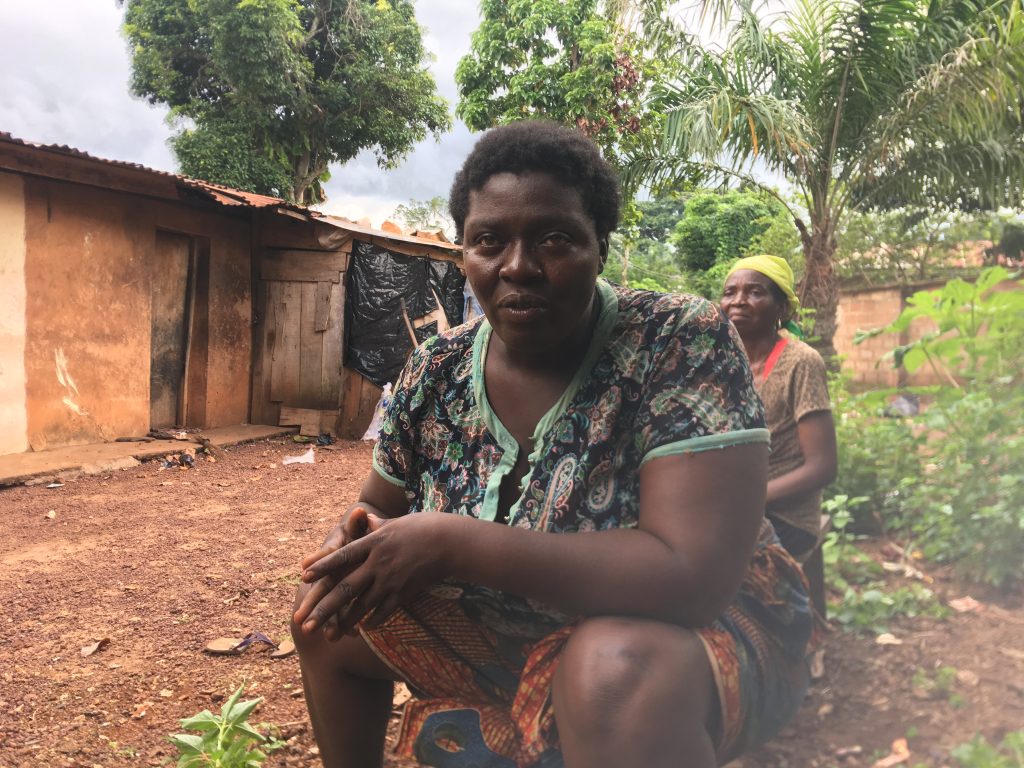
But did she inherit any assets like land from the husband’s family since he was their first child? She shuddered at the mention of that question: “Land? I did not give birth what is my business with land or any of the family’s properties. You are even going too far.”
Advertisement
Although male infertility has been found to be a common cause of a couple’s failure to conceive — this happens in about 40 to 50% of cases— the burden is usually on women in most cultures in Nigeria with tales of discrimination, stigma and ostracism evident in their cases.
Enia, for instance, stood her ground and insisted she won’t be married off to any of the late husband’s brothers, but not all women have been that lucky.
Advertisement
Ogbanya (not real name), who hails from Ibagwa-Ani in Igbo-Eze south LGA, is now married to the late husband’s brother after she failed to give birth during his lifetime. Although she said “nothing would have happened if I refused to be married off to him” Ogbanya admitted that not taking that route would have meant “going home with nothing.”
Advertisement
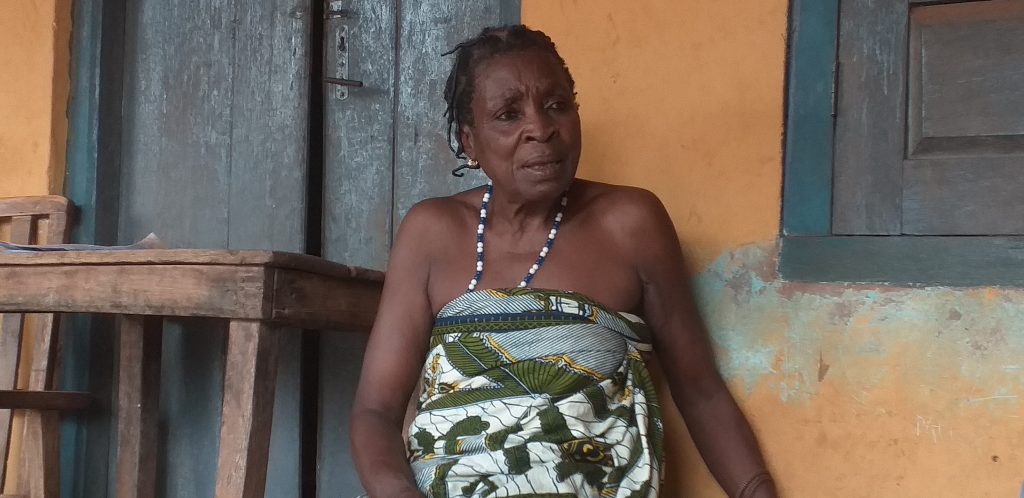
“Yes, I can own assets but only if I agree to marry any of his brothers after all, I did not give him a child. But I can’t go home with anything if I had refused,” she said.
IN SEARCH OF SOLUTIONS
Advertisement
Because bearing a child in most parts of Nigeria and sub-Saharan Africa in general only defines womanhood — her dignity, respect and rights of inheritance are often seen through this prim. So people often seek whatever means they can to overcome the challenge.
Although getting an accurate estimate of the average costs of various fertility treatments can be difficult considering a number of factors such as the hospital, the patient’s age as well as location, In Vitro Fertilization (IVF), one of the most common and effective ways out of infertility, is estimated to cost $12,400 (approximately N4.5 million).
However, with extreme poverty becoming “heavily concentrated in sub-Saharan Africa,” infertility services are not widely available for women in the continent and IVF is not affordable. So women often end up seeking help from traditional herbs dealers even though there are a lot of unlicensed and quack traditional medicine practitioners whose services are expectedly cheaper and more accessible.
But victims of infertility stigma would rather go that risky route than end up being seen as a “taboo” and reduced to nothing because they do not have a biological child.
“It is sad to see people suffer for something beyond them,” Enia says, now with teary eyes. “Why do I have to go through all of this? Is it not God that give children? Why ask me to marry someone else because I don’t have a child? What kind of culture is that.”
Add a comment




